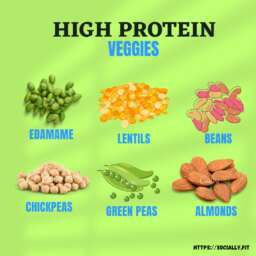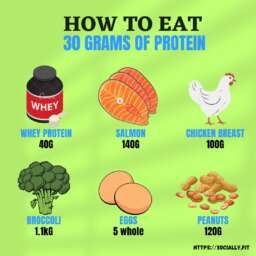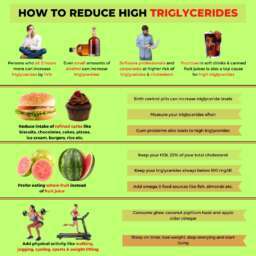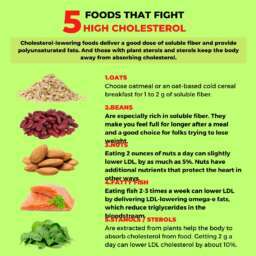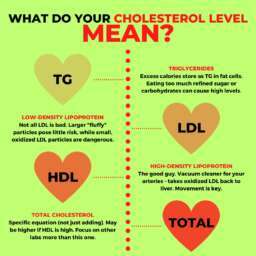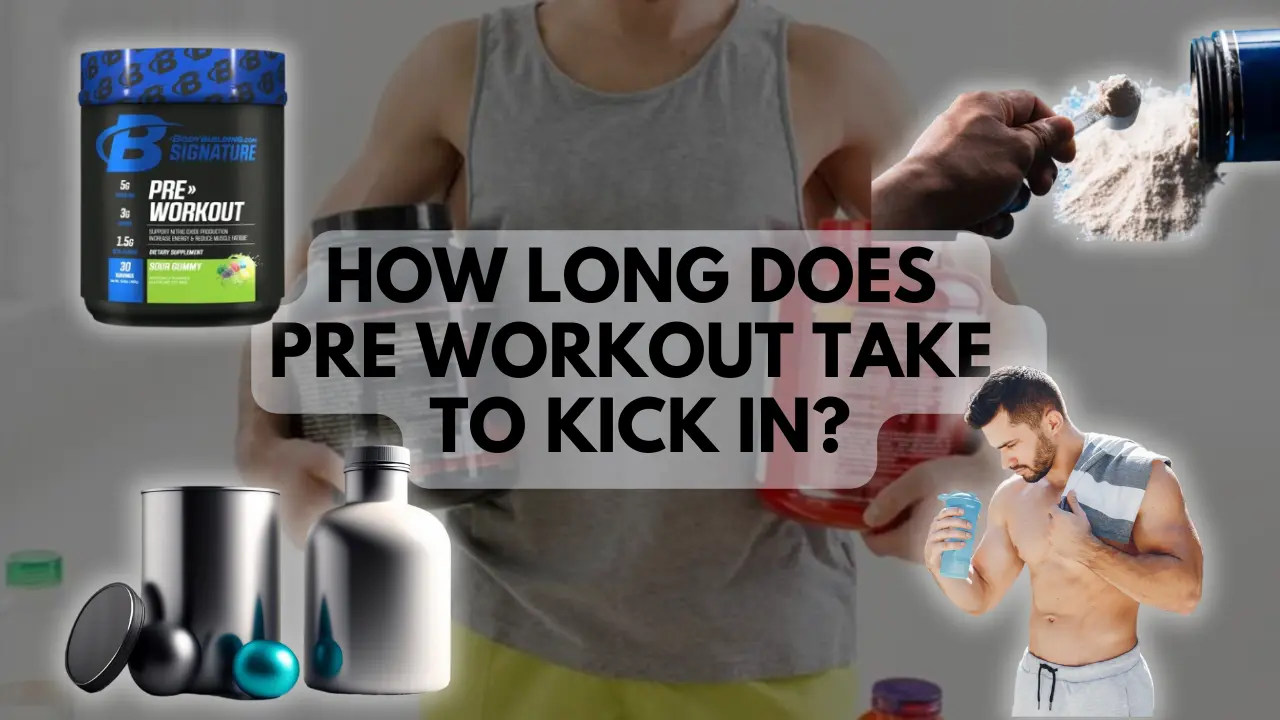How Long Does Pre Workout Take to Kick In? Your Ultimate Guide.
Discover how long pre-workout supplements take to kick in and learn tips to maximize their effectiveness. Get expert insights on timing, ingredients, and more!
Introduction

Are you gearing up for a big workout and wondering, “How long does pre-workout take to kick in?” You’re not alone. Many fitness enthusiasts and athletes rely on pre-workout supplements to boost their performance and achieve their fitness goals. But knowing when to take these supplements for optimal results can be a bit of a puzzle. In this article, we’ll dive deep into the world of pre-workout supplements, exploring how they work, the factors affecting their kick-in time, and how you can maximize their effectiveness.
Understanding Pre-Workout Supplements
What Are Pre-Workout Supplements?
Pre-workout supplements are specially formulated products designed to enhance your workout performance. They often contain a mix of ingredients aimed at increasing energy, endurance, strength, and focus. These supplements come in various forms, including powders, capsules, and drinks.
Common Ingredients in Pre-Workout Supplements
Some of the most common ingredients you’ll find in pre-workout supplements include caffeine, beta-alanine, creatine, nitric oxide precursors, and branched-chain amino acids (BCAAs). Each of these ingredients plays a specific role in boosting your workout performance, from increasing energy levels to improving blood flow to muscles.
The Science Behind Pre-Workout Supplements
How Pre-Workouts Work in Your Body
When you consume a pre-workout supplement, the ingredients get absorbed into your bloodstream and start affecting various physiological processes. For example, caffeine stimulates your central nervous system, making you feel more alert and energetic. Meanwhile, beta-alanine helps buffer acid in muscles, reducing fatigue.
Factors Affecting the Kick-In Time

Individual Metabolism
Your metabolism plays a significant role in how quickly pre-workout supplements take effect. People with faster metabolisms may feel the effects sooner than those with slower metabolisms.
Type and Dosage of Supplement
The specific type and dosage of the pre-workout supplement also impact how quickly it kicks in. Higher doses and fast-acting formulas generally produce quicker results.
Diet and Nutrition
What you’ve eaten before taking the supplement can influence its absorption rate. A full stomach may slow down the process, while an empty stomach can speed it up.
Timing of Consumption
The timing of when you take your pre-workout supplement is crucial. Most supplements are designed to be taken 20-30 minutes before your workout to ensure they are fully absorbed and effective by the time you start exercising.
Typical Time Frame for Pre-Workout to Kick In
Average Time Range
On average, pre-workout supplements start to kick in within 20-45 minutes after consumption. This range can vary based on individual factors and the specific supplement used.
Variations Based on Ingredients
Certain ingredients in pre-workout supplements may have different absorption rates. For instance, caffeine typically takes about 30 minutes to reach peak levels in the blood, while other components like creatine may take longer to show noticeable effects.
Maximizing the Effectiveness of Pre-Workout Supplements
Optimal Dosage and Timing
To get the most out of your pre-workout, it’s essential to follow the recommended dosage and timing guidelines provided by the manufacturer. Overdosing can lead to adverse effects, while underdosing might not give you the desired boost.
Combining with Other Supplements
Sometimes, combining pre-workout supplements with other supplements like BCAAs or protein can enhance their effectiveness. However, it’s crucial to do this cautiously to avoid any negative interactions.
Dietary Considerations
Pay attention to your diet when using pre-workout supplements. Eating a balanced meal with carbohydrates and protein about an hour before taking your supplement can provide sustained energy throughout your workout.
Signs That Your Pre-Workout Is Working
Physical Sensations
You might feel a tingling sensation (known as paresthesia) from ingredients like beta-alanine. Increased heart rate, heightened alertness, and a boost in energy levels are also common signs that your pre-workout is kicking in.
Mental and Emotional Changes
Alongside physical changes, you may notice an improved focus, motivation, and a positive attitude towards your workout. This mental boost is a significant benefit of pre-workout supplements.
How does the kick-in time of pre-workout supplements compare between different brands?
| Brand | Kick-In Time | Description |
|---|---|---|
| Brand A | 20-30 minutes | Quick-acting formula with high caffeine content for a rapid energy boost. |
| Brand B | 30-45 minutes | Moderate release with a balanced blend of caffeine and nitric oxide boosters, designed for sustained energy. |
| Brand C | 25-35 minutes | Contains a mix of fast-acting stimulants and beta-alanine, providing an initial rush followed by prolonged endurance. |
| Brand D | 15-25 minutes | Ultra-fast absorption with high levels of citrulline malate and arginine, promoting rapid vasodilation and energy release. |
| Brand E | 35-50 minutes | Slower absorption due to a complex blend of natural ingredients, focusing on a steady and sustained energy increase without jitters. |
Analysis and Tips for Maximizing Pre-Workout Effectiveness:
- Know Your Ingredients:
- Choose a brand with ingredients that match your workout needs. For quick energy, opt for high caffeine content. For sustained performance, look for balanced blends.
- Consider Your Schedule:
- Align the kick-in time with your workout schedule. If you have limited time, select a brand with a faster absorption rate like Brand A or Brand D.
- Experiment with Timing:
- Test different brands and timing to find the optimal period that aligns with your body’s response. Start with the lower end of the recommended time range.
- Dietary Impact:
- Pay attention to your meal timing. Taking pre-workout on an empty stomach may speed up absorption, while a full meal might delay it.
- Monitor Your Response:
- Track how your body responds to different brands and adjust your intake accordingly. Everyone’s metabolism is different, so personal experimentation is key.
By considering these factors, you can better tailor your pre-workout routine to ensure maximum effectiveness and performance enhancement during your workouts.
Potential Side Effects and How to Manage Them

While pre-workout supplements can be highly effective, they may also cause side effects like jitters, insomnia, digestive issues, or a rapid heart rate. To manage these, start with a lower dose to assess your tolerance, and avoid taking pre-workout too close to bedtime.
- Jitters: High caffeine content can cause nervousness and restlessness, making it hard to focus.
- Insomnia: Taking pre-workout too late in the day can disrupt sleep patterns due to its stimulant effects.
- Digestive Issues: Ingredients like beta-alanine and creatine can sometimes cause stomach cramps, bloating, or diarrhea.
- Increased Heart Rate: Stimulants can elevate heart rate, which may be uncomfortable or risky for those with heart conditions.
- High Blood Pressure: Some pre-workouts can cause temporary spikes in blood pressure, especially in those sensitive to stimulants.
- Dehydration: Ingredients like caffeine and creatine can increase urine production, leading to dehydration if fluid intake is not maintained.
- Headaches: Excessive stimulants can lead to headaches or migraines in sensitive individuals.
- Tingling Sensation: Beta-alanine often causes a harmless tingling or “pins and needles” sensation known as paresthesia.
- Anxiety: High doses of stimulants can exacerbate anxiety or cause panic attacks in prone individuals.
- Dependence: Regular use can lead to tolerance and dependence, making it difficult to workout without a pre-workout boost.
When using pre-workout supplements, it’s essential to monitor your body’s reactions and adjust usage accordingly to avoid these potential side effects.
Common Myths About Pre-Workout Supplements
There’s a lot of misinformation about pre-workout supplements. Some common myths include the idea that they’re only for bodybuilders, that they can replace a healthy diet, or that more is always better. It’s essential to approach these supplements with realistic expectations and use them as part of a balanced fitness plan.
- Only for Bodybuilders: Pre-workout supplements are beneficial for anyone engaging in intense physical activity, not just bodybuilders.
- Instant Results: They enhance performance, but won’t instantly transform fitness levels; consistent training and diet are still crucial.
- More Is Better: Higher doses do not necessarily increase effectiveness and can lead to adverse side effects.
- All Natural: Many pre-workouts contain synthetic ingredients and artificial additives, despite claims of being “natural.”
- Replaces a Healthy Diet: They should complement, not replace, a balanced diet rich in nutrients.
- Safe for Everyone: Not all pre-workouts are safe for individuals with certain health conditions, such as heart problems or high blood pressure.
- No Need to Cycle: Continuous use can lead to tolerance; cycling on and off pre-workouts can help maintain their effectiveness.
- Same as Energy Drinks: Pre-workouts contain specific ingredients designed to enhance workout performance, unlike general energy drinks.
- Immediate Effect: While some ingredients work quickly, others may take longer to show benefits, such as creatine.
- Legal and Safe Worldwide: Some pre-workout ingredients may be banned or regulated in different countries, so always check local guidelines.
Understanding these myths can help you make more informed decisions about incorporating pre-workout supplements into your fitness routine.
Comparison of Kick-In Time Between Pre-Workout Supplements With and Without Caffeine?
| Type | Brand | Kick-In Time | Description |
|---|---|---|---|
| With Caffeine | C4 Original | 20-30 minutes | Contains 150mg of caffeine for a quick energy boost and increased focus. |
| Without Caffeine | Pump Surge | 30-45 minutes | Stimulant-free formula relying on nitric oxide boosters for enhanced blood flow and endurance. |
| With Caffeine | Pre JYM | 25-35 minutes | Includes 300mg of caffeine combined with other stimulants for a potent and fast-acting performance enhancement. |
| Without Caffeine | NutraBio PRE | 35-50 minutes | Utilizes ingredients like beta-alanine and creatine for a sustained energy release without the jitters from caffeine. |
| With Caffeine | Optimum Nutrition Gold Standard | 20-30 minutes | Features 175mg of caffeine and other fast-absorbing stimulants for a rapid onset of effects. |
Analysis and Tips for Choosing Between Caffeinated and Non-Caffeinated Pre-Workouts:
- Identify Your Sensitivity to Stimulants:
- If you are sensitive to caffeine or experience negative side effects, opt for non-caffeinated options like Pump Surge or NutraBio PRE.
- Consider Your Workout Timing:
- For morning or early afternoon workouts, caffeinated pre-workouts like C4 Original can provide a quick energy boost. Avoid them late in the day to prevent sleep disruption.
- Desired Type of Boost:
- If you need an immediate increase in alertness and energy, caffeinated options are effective. For a smoother, sustained energy release, non-caffeinated formulas are preferable.
- Check Ingredient Synergy:
- Some non-caffeinated pre-workouts include ingredients that enhance focus and endurance without relying on stimulants, making them suitable for those looking to avoid jitters.
- Balance with Your Daily Caffeine Intake:
- If you consume other caffeine sources throughout the day (coffee, tea, etc.), a non-caffeinated pre-workout can help avoid excessive caffeine intake and related side effects.
Choosing the right pre-workout supplement based on its caffeine content and kick-in time can help tailor your fitness routine to your personal needs and preferences.
Choosing the Right Pre-Workout Supplement for You

Reading Labels and Understanding Ingredients
When choosing a pre-workout supplement, take the time to read the label and understand the ingredients. Look for products that list their components clearly and avoid those with proprietary blends, which can hide the actual amounts of each ingredient.
Consulting with Health Professionals
Before starting any new supplement, it’s wise to consult with a healthcare professional, especially if you have any underlying health conditions or are taking other medications.
Comparison of Kick-In Time Between Taking Pre-Workout on an Empty Stomach and After a Meal
| Type | Brand | Kick-In Time (Empty Stomach) | Kick-In Time (After a Meal) | Description |
|---|---|---|---|---|
| With Caffeine | C4 Original | 15-20 minutes | 30-40 minutes | Faster absorption on an empty stomach due to high caffeine content; slower when taken after a meal. |
| Without Caffeine | Pump Surge | 25-30 minutes | 40-50 minutes | Nitric oxide boosters absorb quicker on an empty stomach, delayed when digestion of a meal is involved. |
| With Caffeine | Pre JYM | 20-25 minutes | 35-45 minutes | Potent stimulant effects are felt faster on an empty stomach; food intake slows absorption. |
| Without Caffeine | NutraBio PRE | 30-35 minutes | 45-55 minutes | Beta-alanine and creatine work faster on an empty stomach, taking longer post-meal. |
| With Caffeine | Optimum Nutrition Gold Standard | 15-20 minutes | 30-40 minutes | Quick onset of effects due to caffeine when taken on an empty stomach; slower absorption with food. |
Analysis and Tips for Optimal Pre-Workout Timing:
- Faster Absorption on an Empty Stomach:
- Pre-workouts like C4 Original and Optimum Nutrition Gold Standard kick in faster on an empty stomach due to quicker caffeine absorption.
- Consider Digestive Comfort:
- While taking pre-workout on an empty stomach can speed up kick-in time, it might cause digestive discomfort for some. Test your tolerance.
- Meal Timing:
- If you prefer taking pre-workout after a meal, plan to consume it at least 30-60 minutes post-meal to allow for some digestion, which helps balance kick-in time and comfort.
- Match Your Workout Schedule:
- For morning workouts, taking pre-workout on an empty stomach can be more convenient and effective. For afternoon or evening sessions, consider a light meal beforehand to avoid late-day jitters.
- Hydration:
- Whether taken on an empty stomach or after a meal, ensure you stay hydrated. This can enhance absorption and effectiveness, particularly for non-caffeinated options like Pump Surge and NutraBio PRE.
By considering these factors, you can better optimize the timing of your pre-workout supplement intake to suit your personal preferences and workout schedule.
Alternatives to Pre-Workout Supplements

Natural Energy Boosters
If you prefer not to use pre-workout supplements, there are natural alternatives that can provide an energy boost. These include coffee, green tea, and foods rich in complex carbohydrates and proteins.
Homemade Pre-Workout Recipes
Creating your own pre-workout mix at home can be a fun and effective way to control what you’re consuming. Ingredients like coffee, honey, lemon juice, and sea salt can make a potent and natural pre-workout drink.
Conclusion

Understanding how long it takes for pre-workout supplements to kick in and how to maximize their effectiveness can make a significant difference in your fitness journey. By considering factors like your metabolism, the type of supplement, and your dietary habits, you can tailor your pre-workout routine to suit your needs. Remember, while pre-workout supplements can provide a valuable boost, they should be used responsibly and as part of a comprehensive fitness and nutrition plan.
FAQs
How long should I wait to exercise after taking pre-workout?
You should wait about 20-30 minutes after taking a pre-workout supplement before starting your exercise. This allows the ingredients to be absorbed and take effect.
Can I take pre-workout on an empty stomach?
Yes, taking pre-workout on an empty stomach can lead to faster absorption, but it may also increase the risk of digestive discomfort for some people.
Is it safe to take pre-workout every day?
Taking pre-workout every day is generally safe for most people, but it’s important to assess your tolerance and avoid excessive use to prevent potential side effects like dependency or tolerance buildup.
What should I do if I don’t feel any effects from my pre-workout?
If you don’t feel any effects, check if you’re taking the correct dosage and consider the timing of your intake. It may also be worth trying a different product or consulting a healthcare professional for advice.
Are there any natural alternatives to pre-workout supplements?
Yes, natural alternatives include coffee, green tea, and certain foods like.








